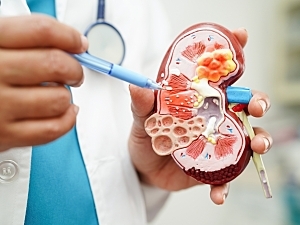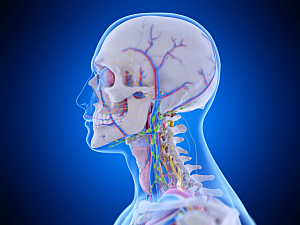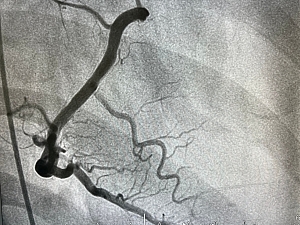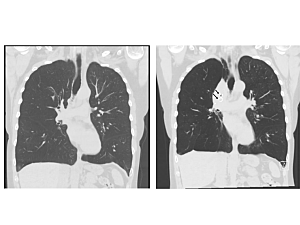The Brigham Keeps Women’s Cardiovascular Health in the Spotlight

The fact that cardiovascular disease is the leading cause of death in women is wildly underappreciated, says the Brigham’s JoAnn E. Manson, MD, MPH, DrPH. Dr. Manson has led many seminal research projects focused on women’s health and set the foundation for related advances at the Brigham today.
Read More...







